About 120 million votes were cast in the election this year, but not all of them counted equally. Due to the archaic Electoral College, voters living in swing states are more important than those in red or blue states like Massachusetts or Alabama. In the weeks leading up to the election, each candidate’s campaign recognized that roughly 80 percent of the electoral votes were already won. All they needed to focus on were the swing states. This was reflected in their strategies: President Obama made seven campaign appearances in New Hampshire, which has a population of 1.3 million. He did not pay a single visit to Texas, which has a population of 26 million. This imbalance shapes our national discussion preceding elections. Issues that are important to swing states are given a lot of airtime, while the issues of large states like California and Texas are ignored because their votes won’t swing the election. The only solution to this problem is a constitutional amendment providing for the direct election of the president.
As is often the case, the argument against such an amendment is one of tradition: the founding fathers created a sacred document that should not be changed unless absolutely necessary. But this reflects a misunderstanding of the circumstances that surrounded the Constitutional Convention, which led to such institutions as the
Electoral College.
As much as the Federalist Papers would like us to believe otherwise, the Constitutional Conventions were not some philosophical discussion on politics and human rights that resulted in a document perfectly calibrated to govern our country. Rather, they were a series of battles between competing factions to control the shape of the new government while protecting constituents’ business interests. The end result was born of a series of compromises and logrolls. There was no philosophical basis for asserting slaves to be three-fifths of a person, I assure you. Similarly, the Electoral College was a result of compromise, one that came about partially because of the slave states’ fear that the North would elect an abolitionist president. Even Framers that opposed slavery supported the College because it would keep the election out of control of the masses; the expectation was that most elections would end up in the House of Representatives, something that has not happened since 1824.
The Electoral College has persisted over the years due largely to lack of a consistent movement to change it. It has been almost 100 years since the 17th Amendment was ratified, providing for the direct election of senators. Since then, there has been no real progress in achieving a similar system for the presidency. Some might argue that the inefficiency of the Electoral College does not matter, as there have only been four elections where the winner of the popular vote did not win the presidency. But this is a narrow-minded view. Why should we accept any instance where a candidate is elected over the wishes of the majority? Furthermore, the system we use to elect the president shapes our national discussion. In effect, the Electoral College disenfranchises those who live in states that have large Republican or Democratic majorities. An amendment to fix these issues should be supported by all those voters and by any who wish to see America adhere to the same “one person, one vote” system it preaches to the rest of the world.
A version of this article appeared in the Monday, Nov. 12 print edition. Ian Mark is a staff columnist. Email him at [email protected].




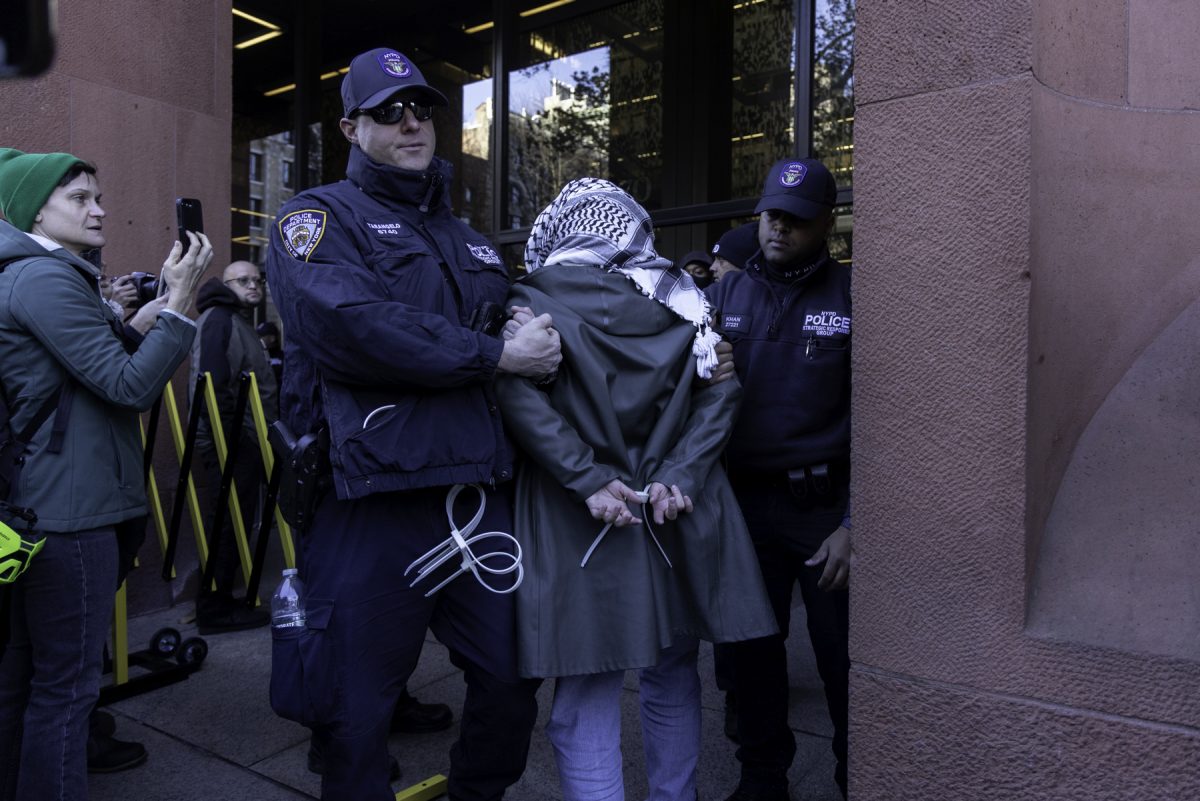


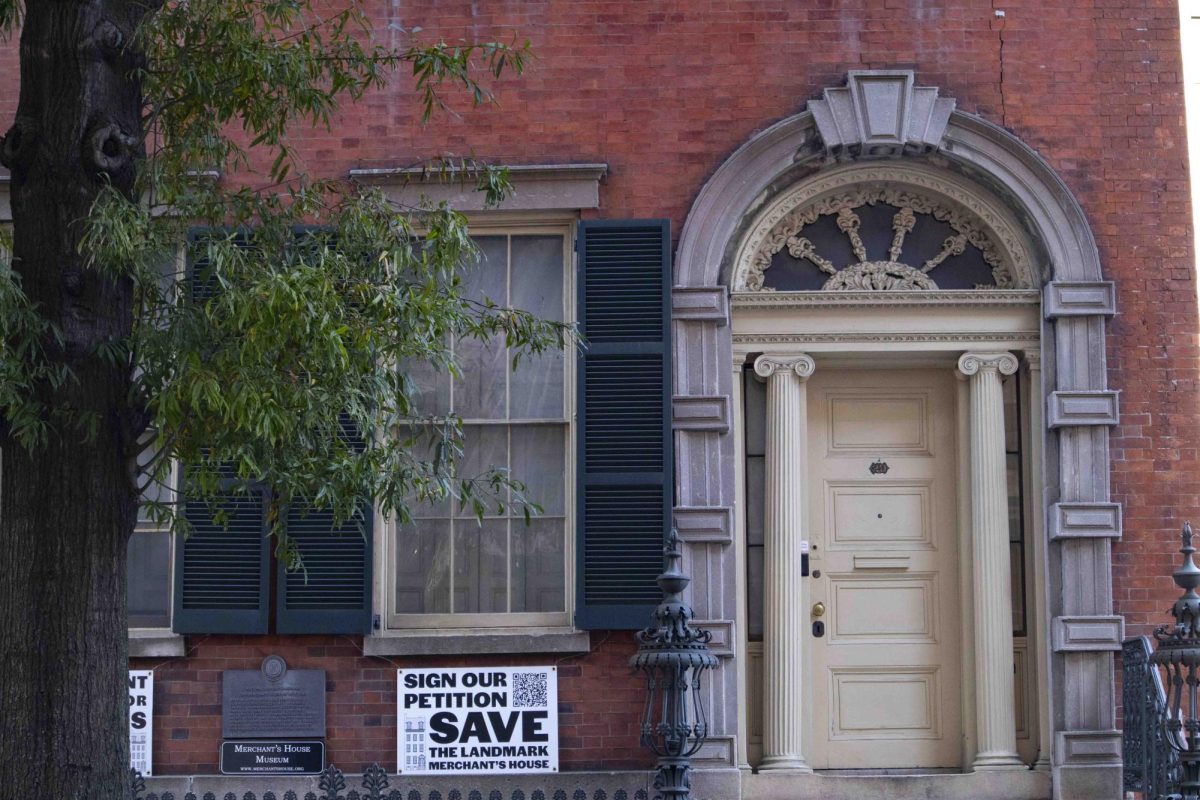



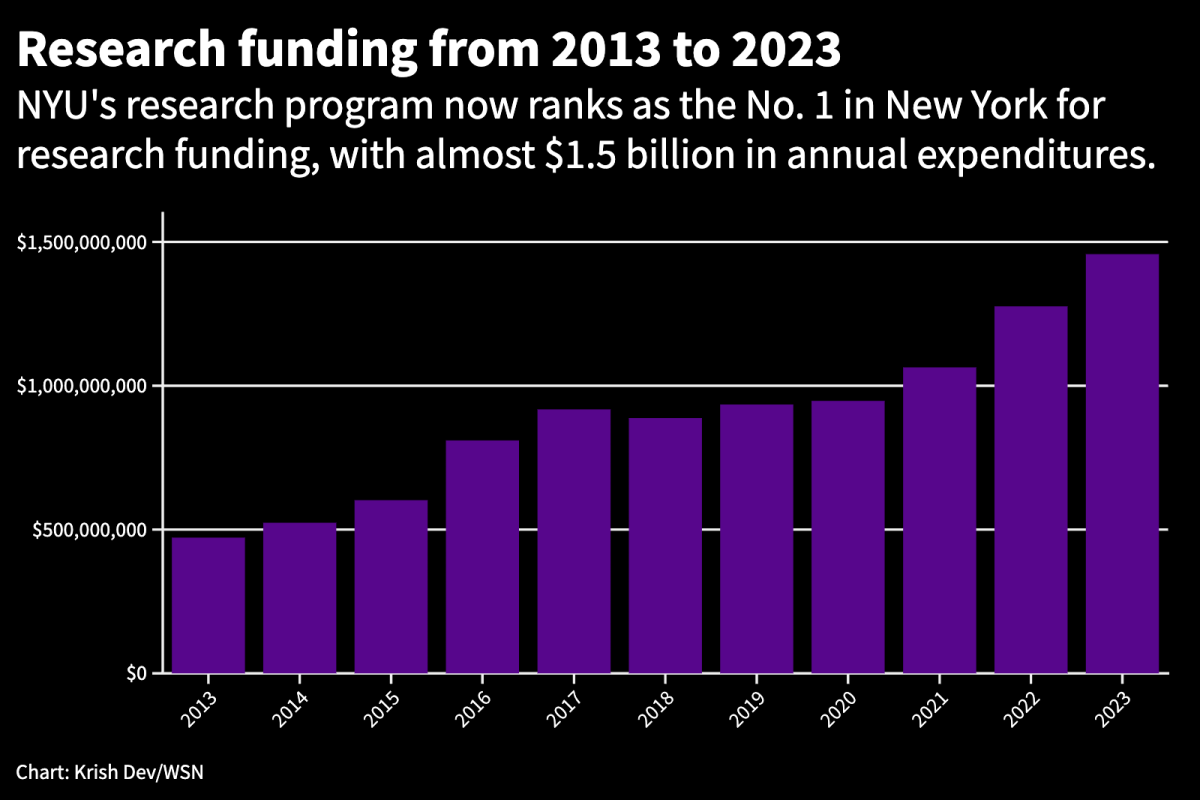


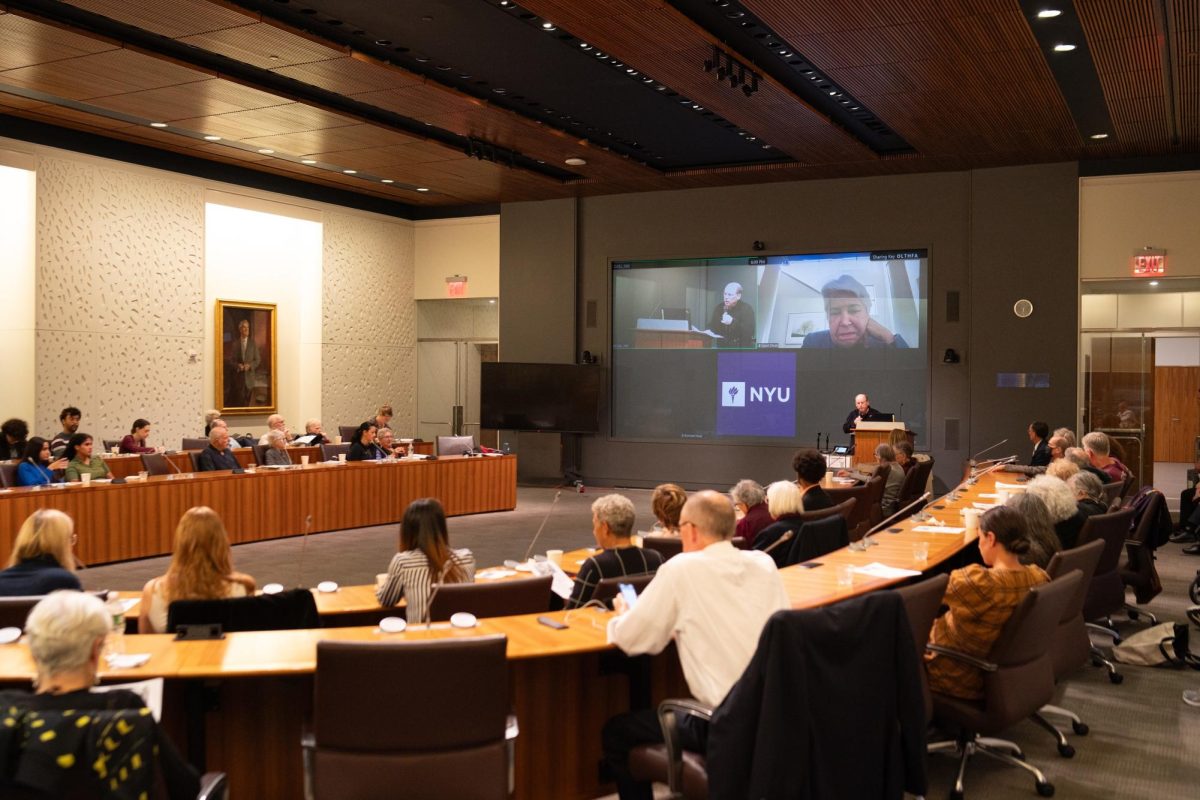







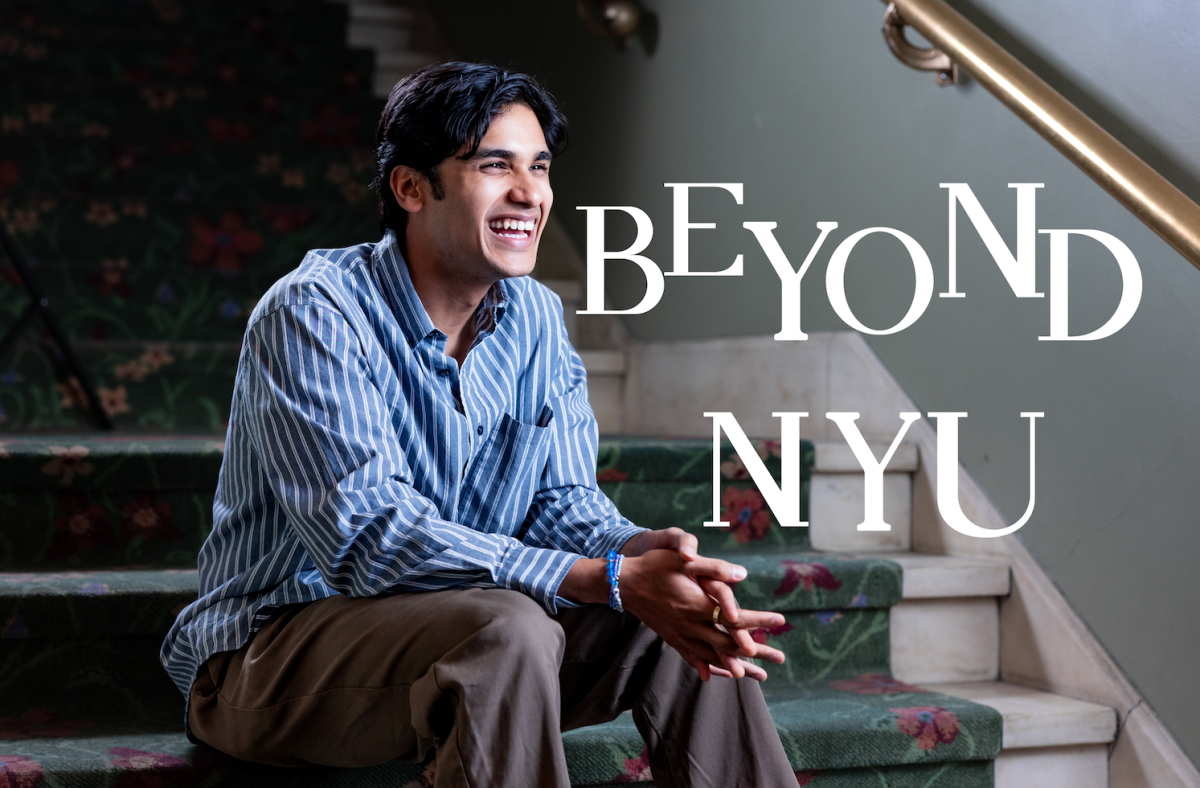




















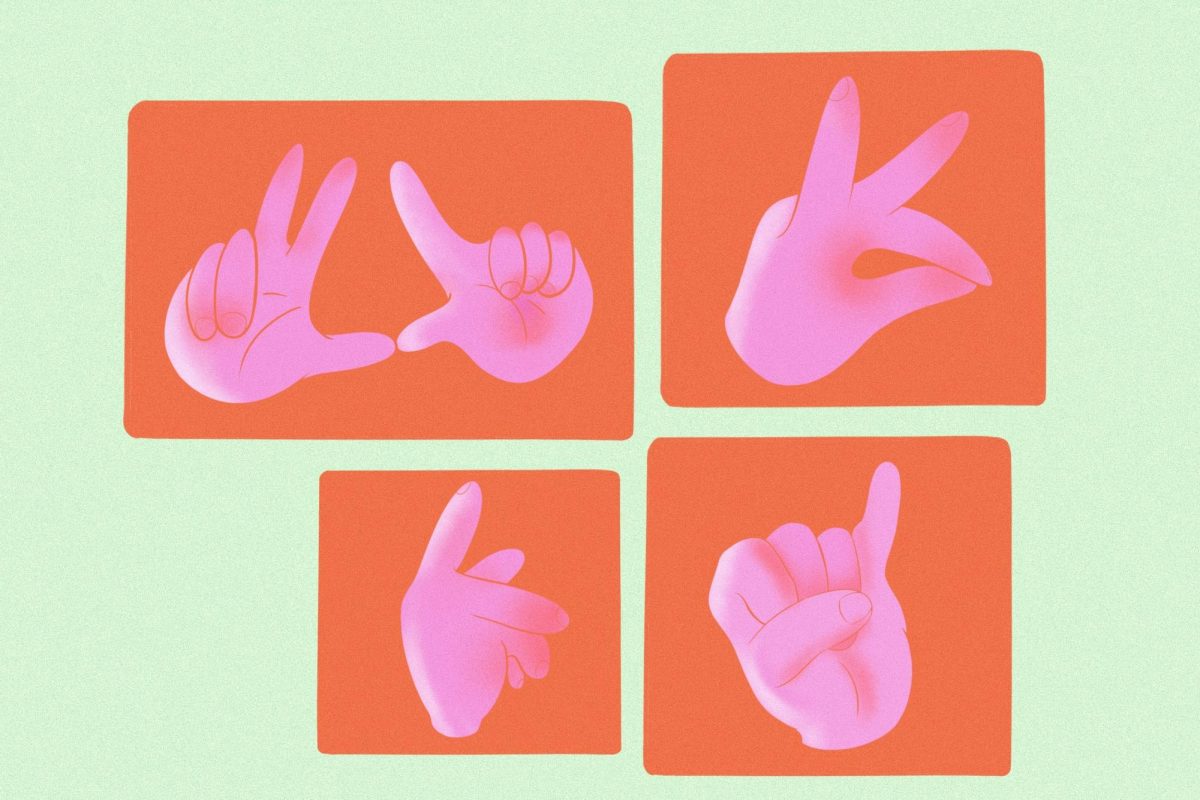
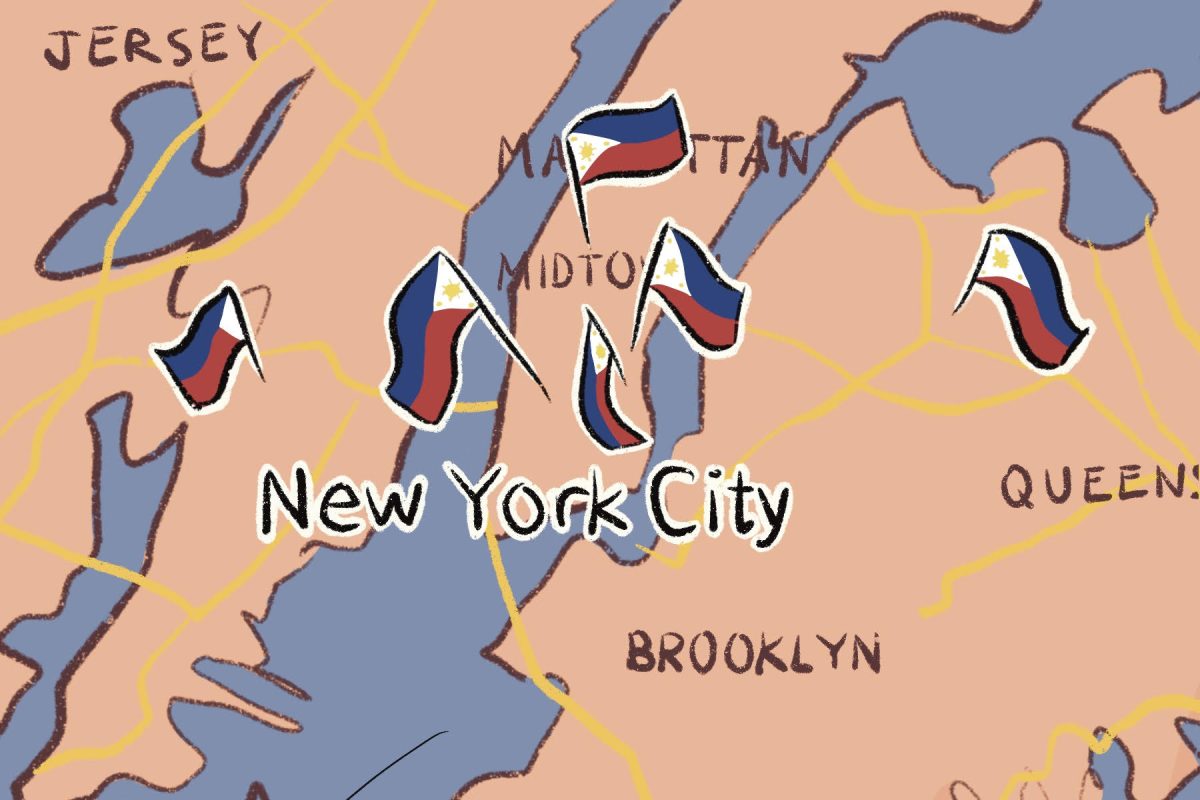
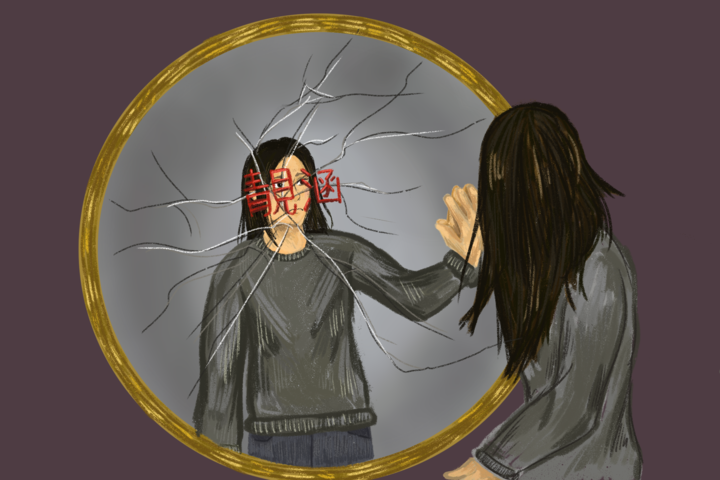
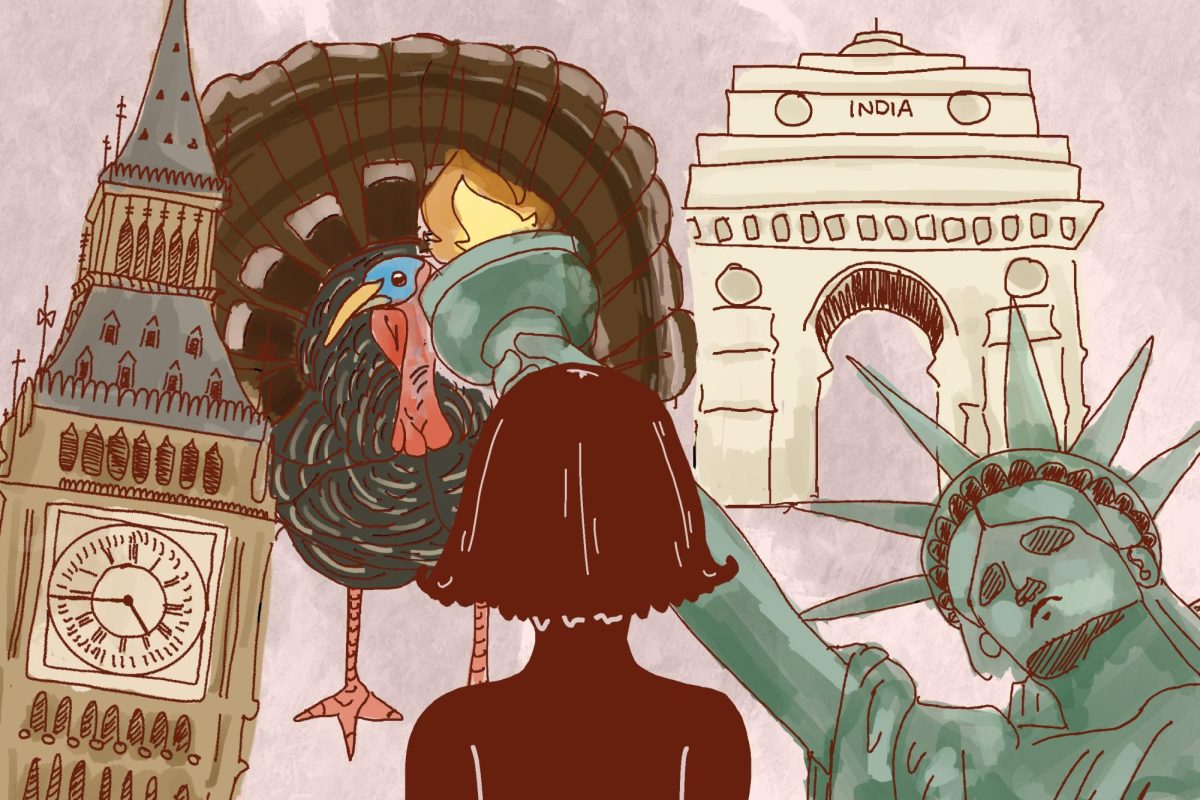





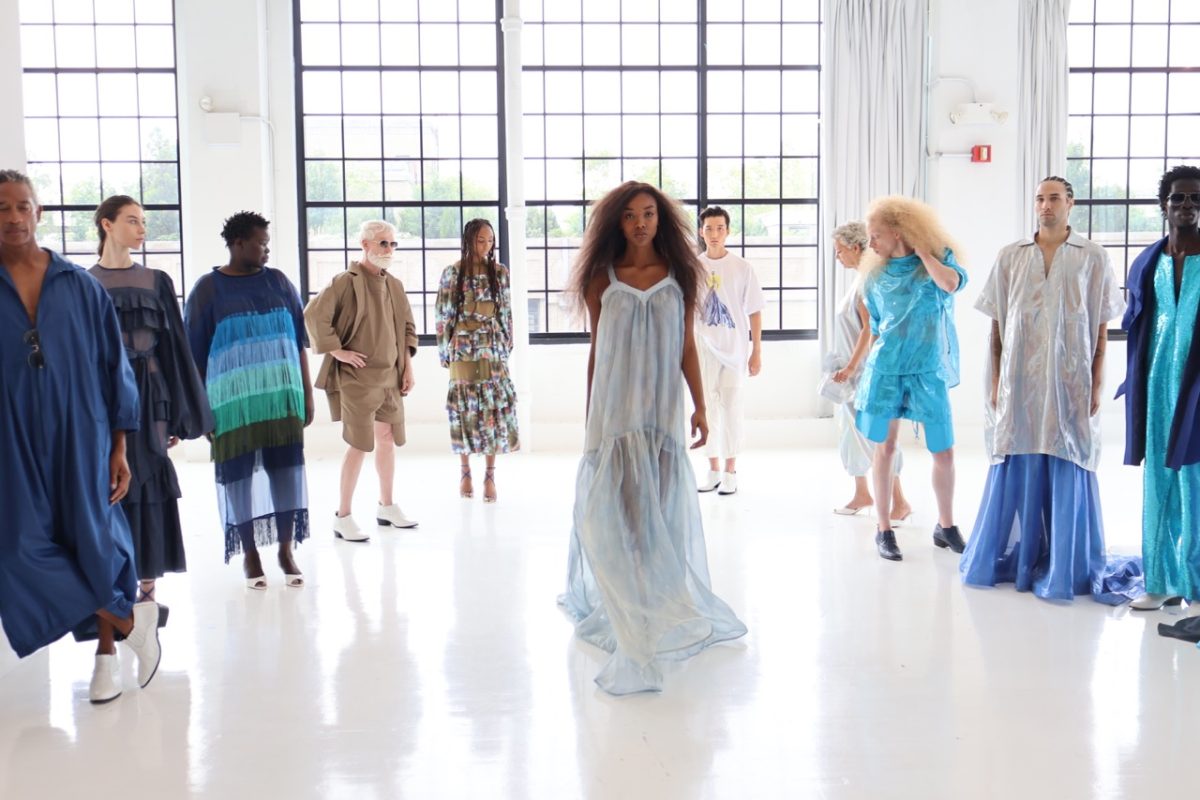

















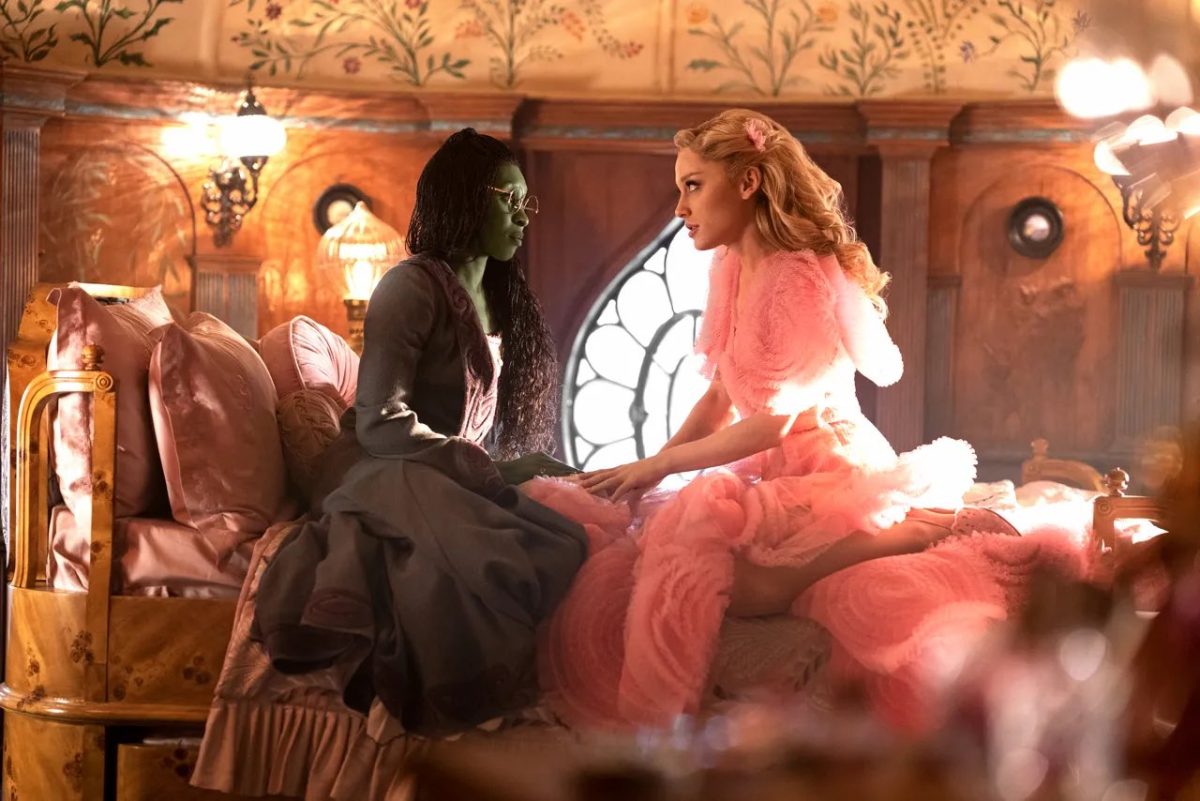

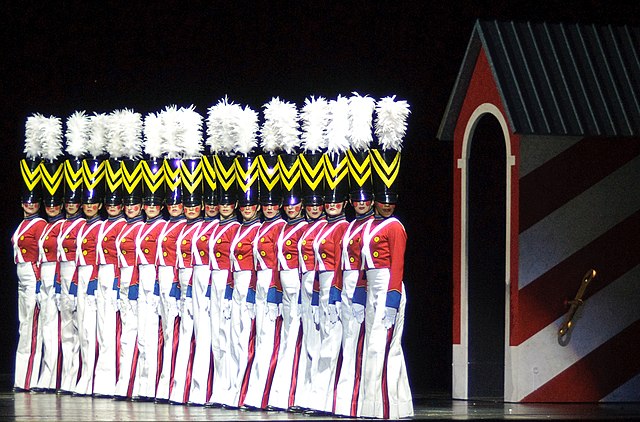
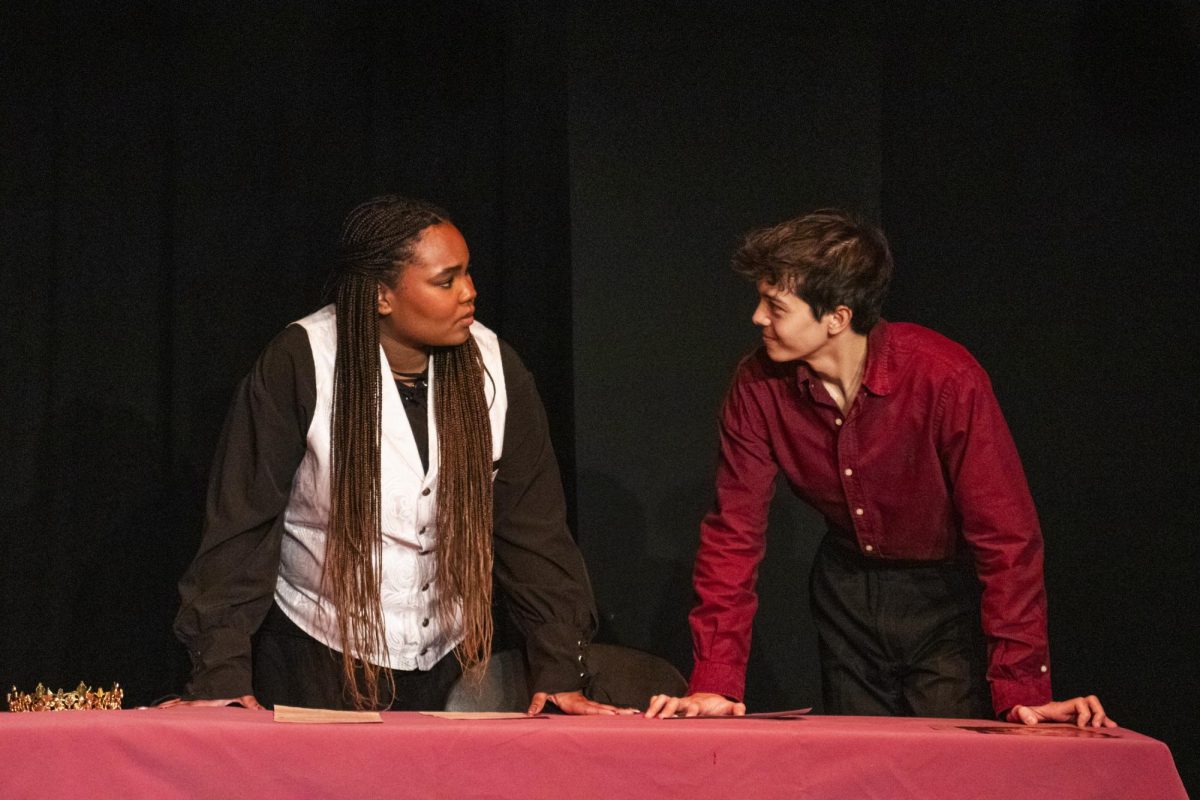
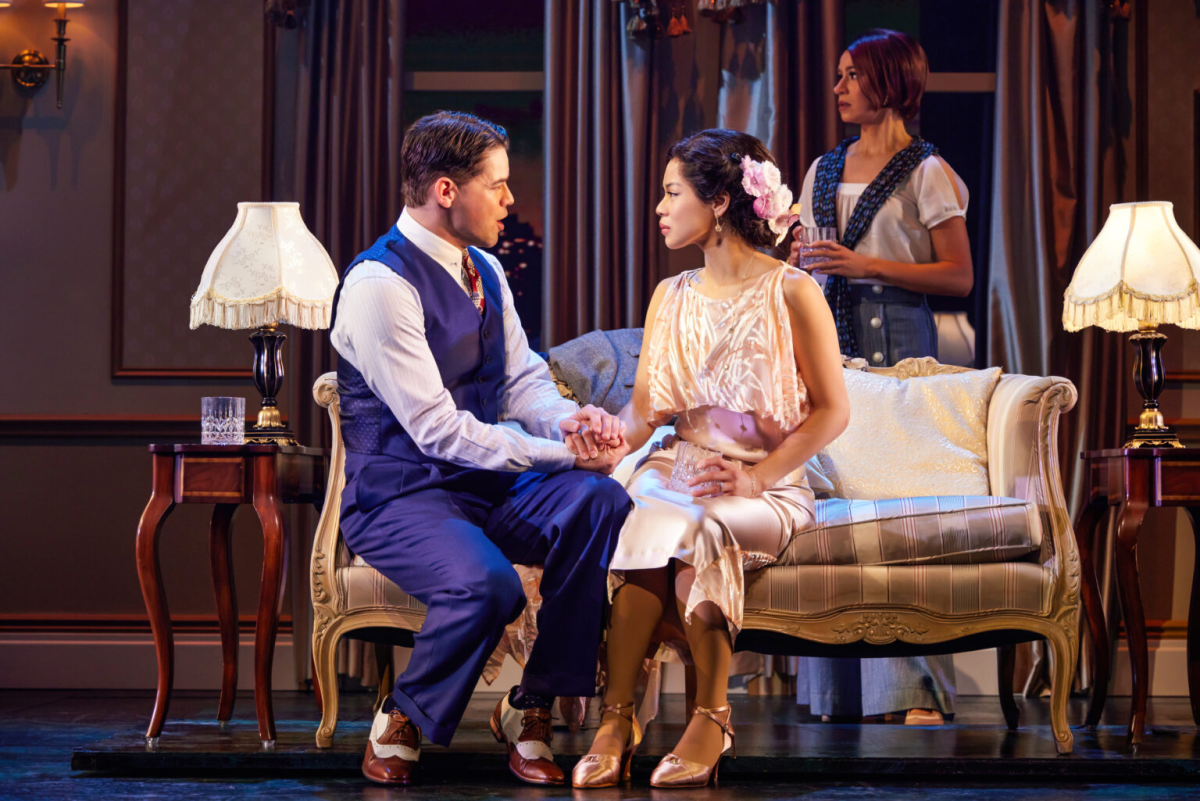

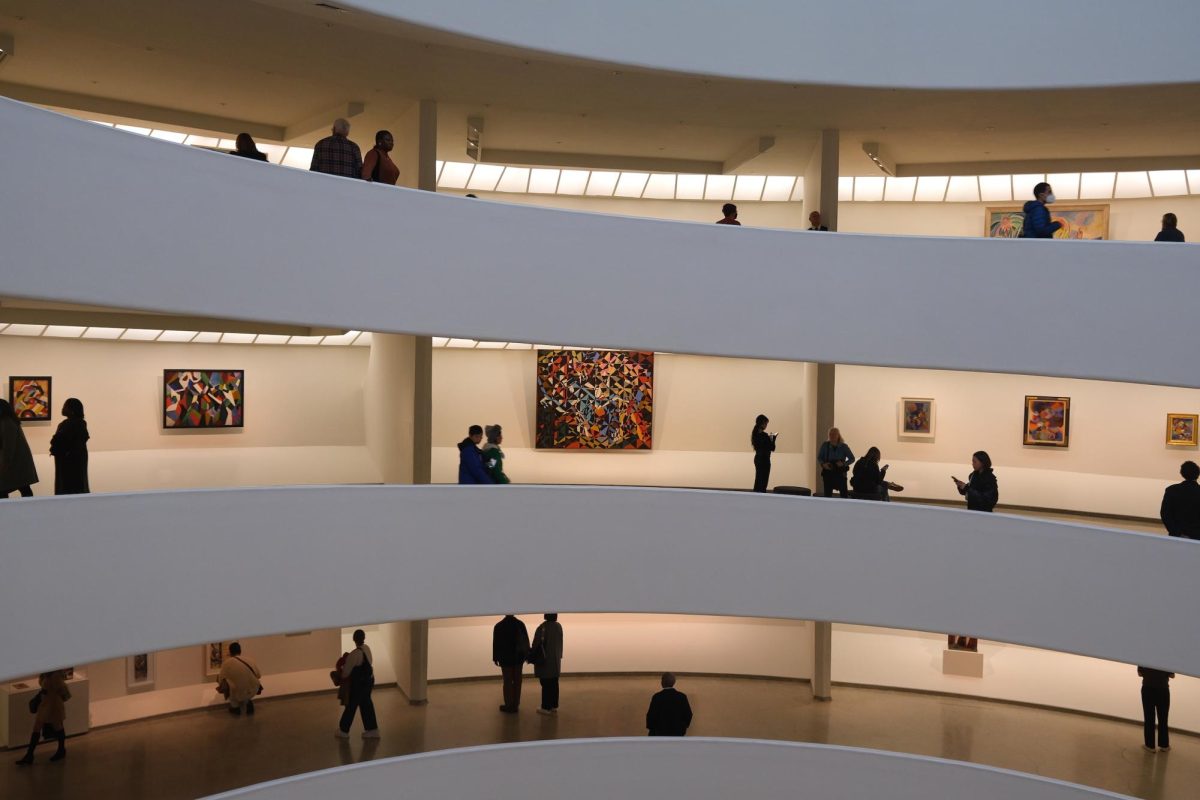
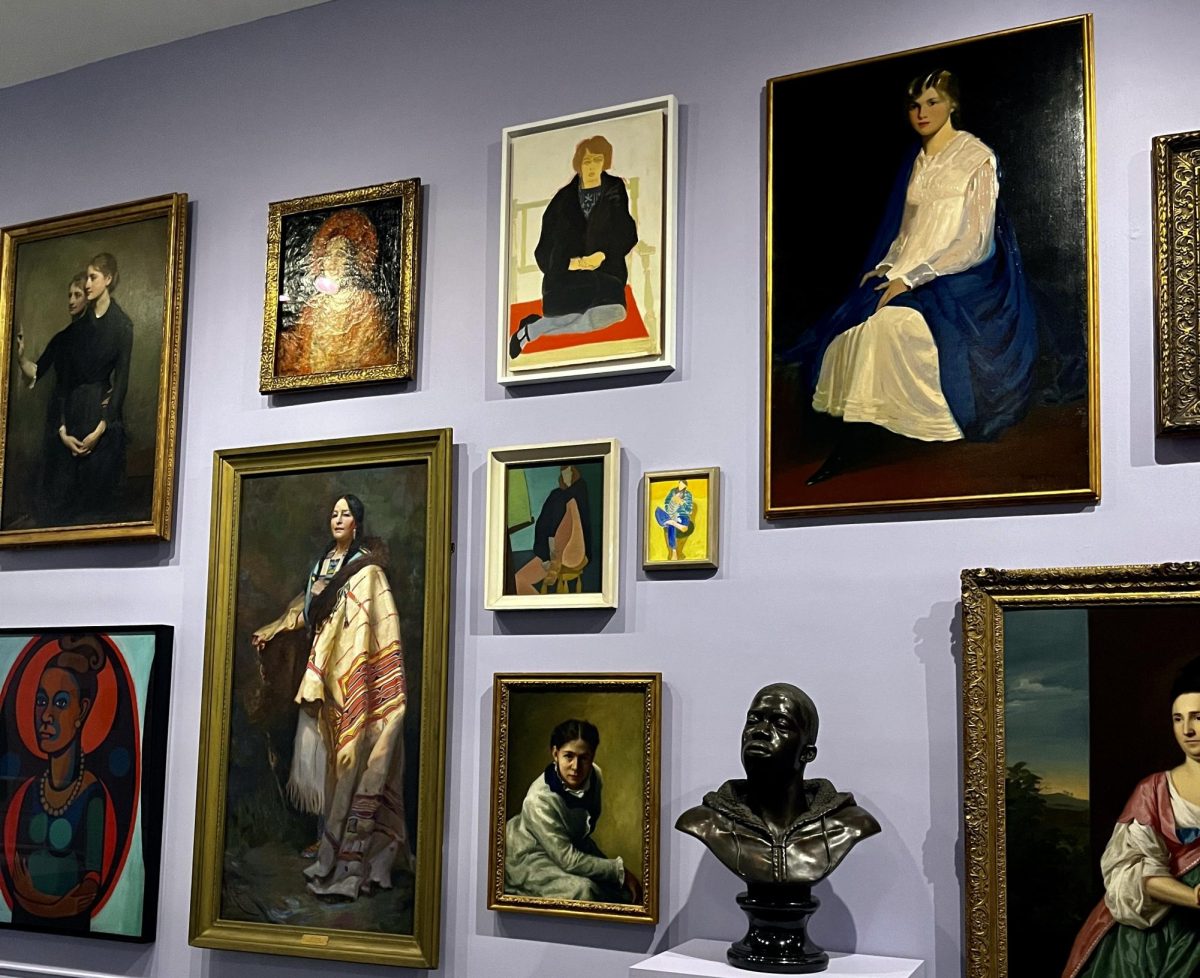











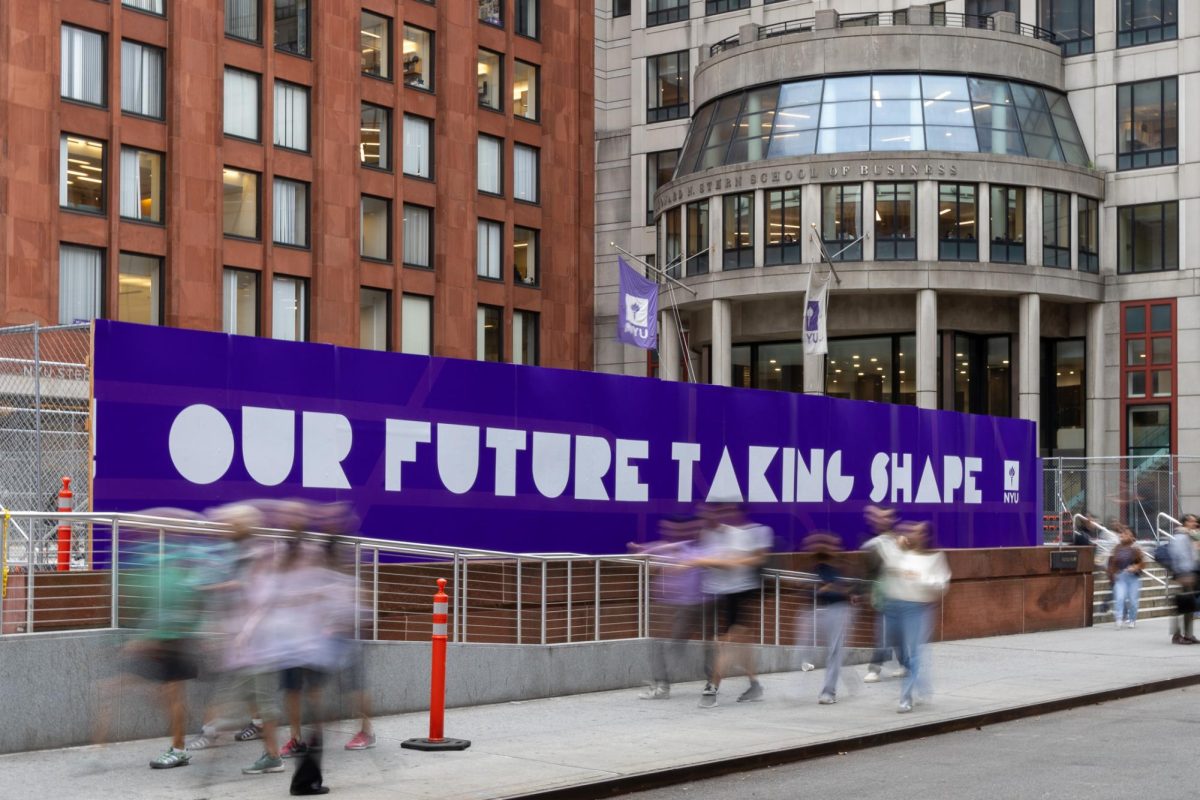

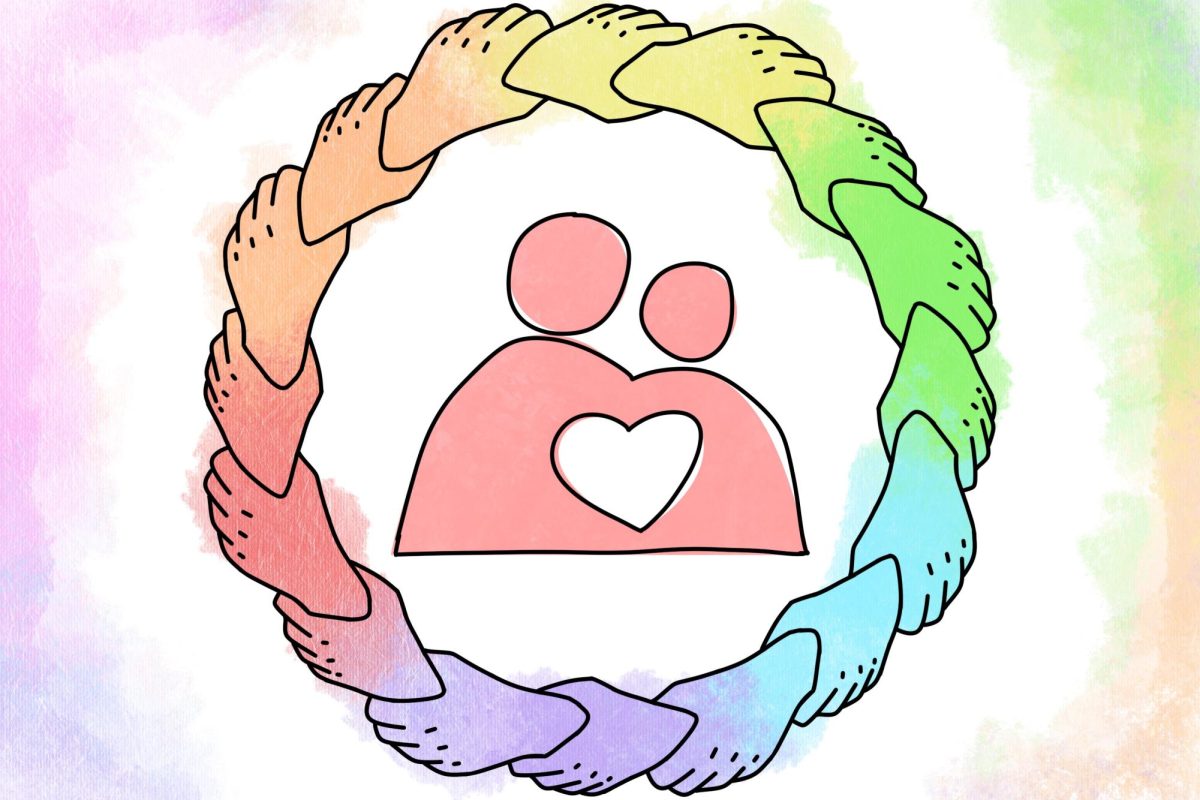
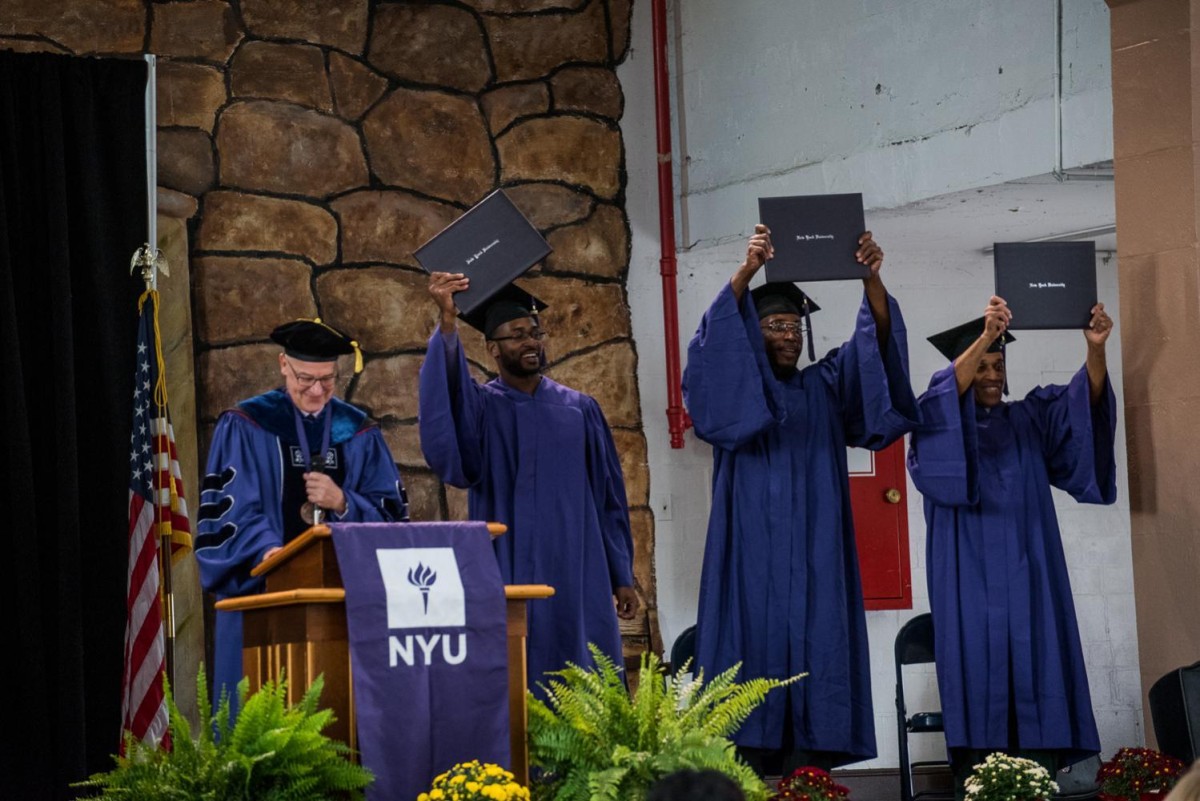

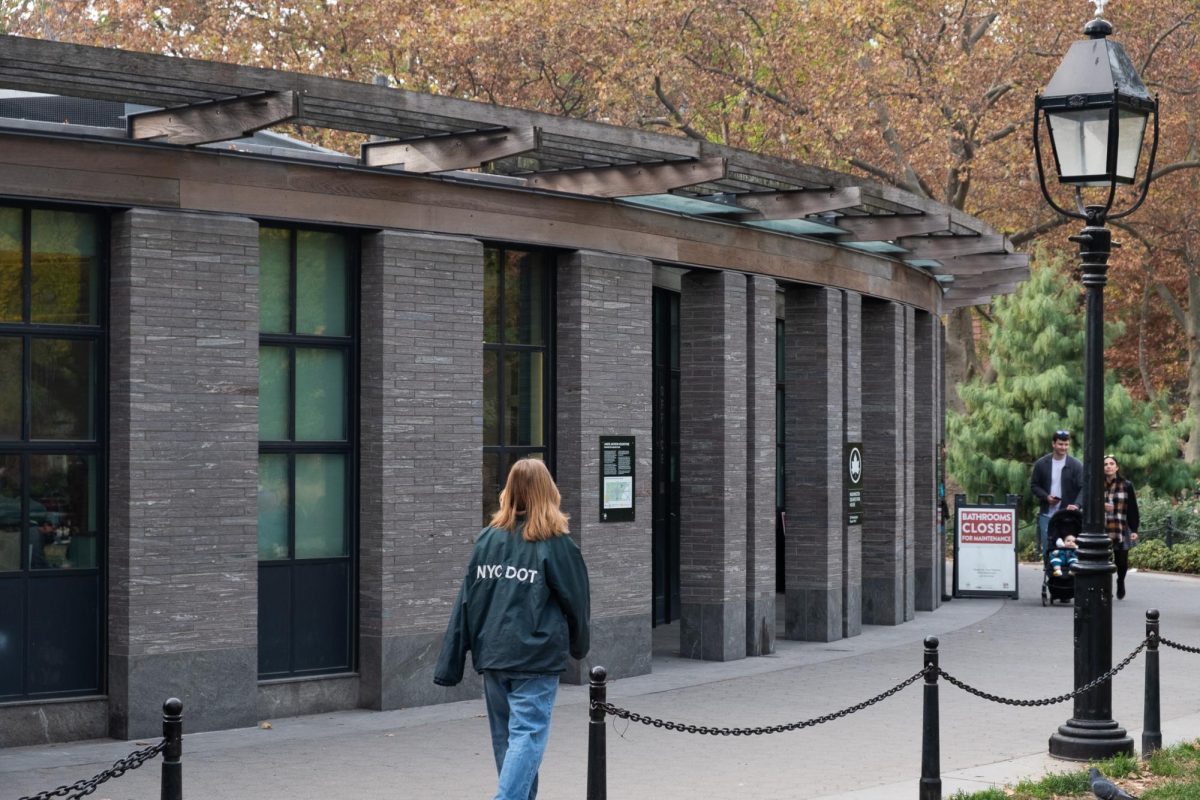
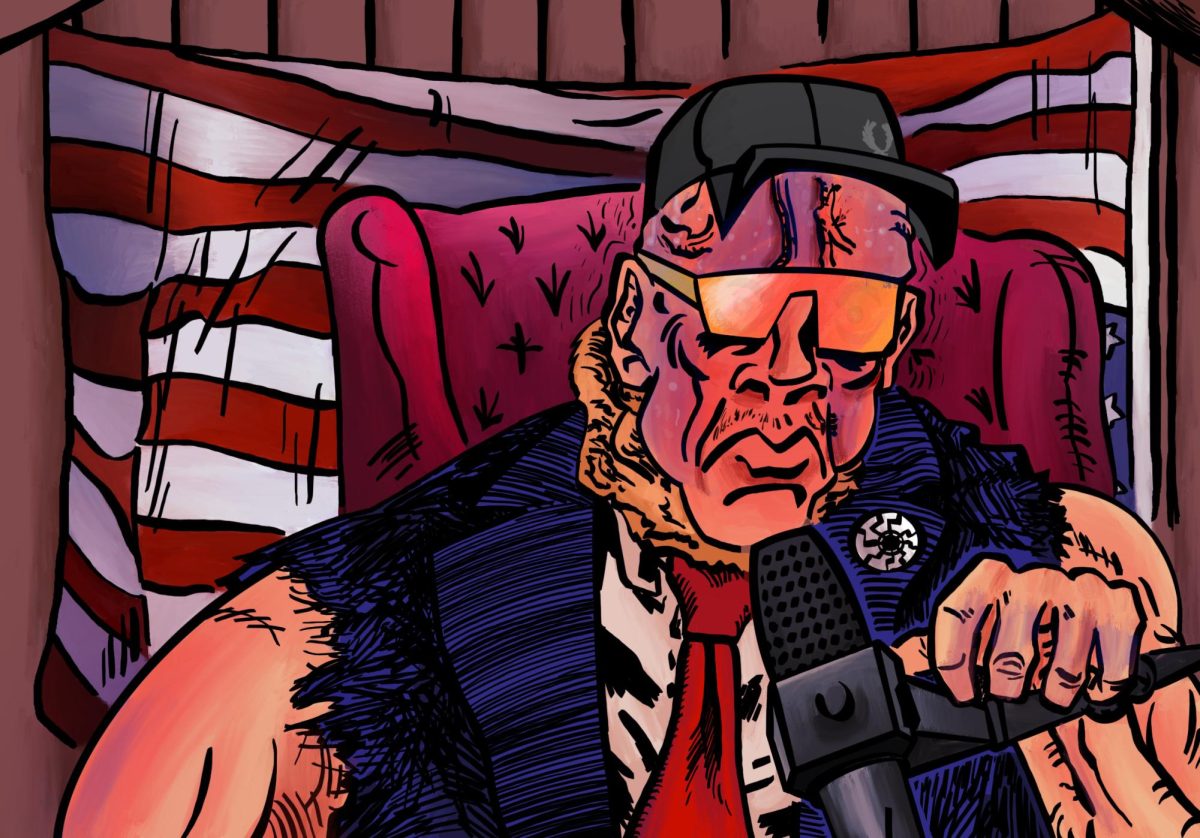




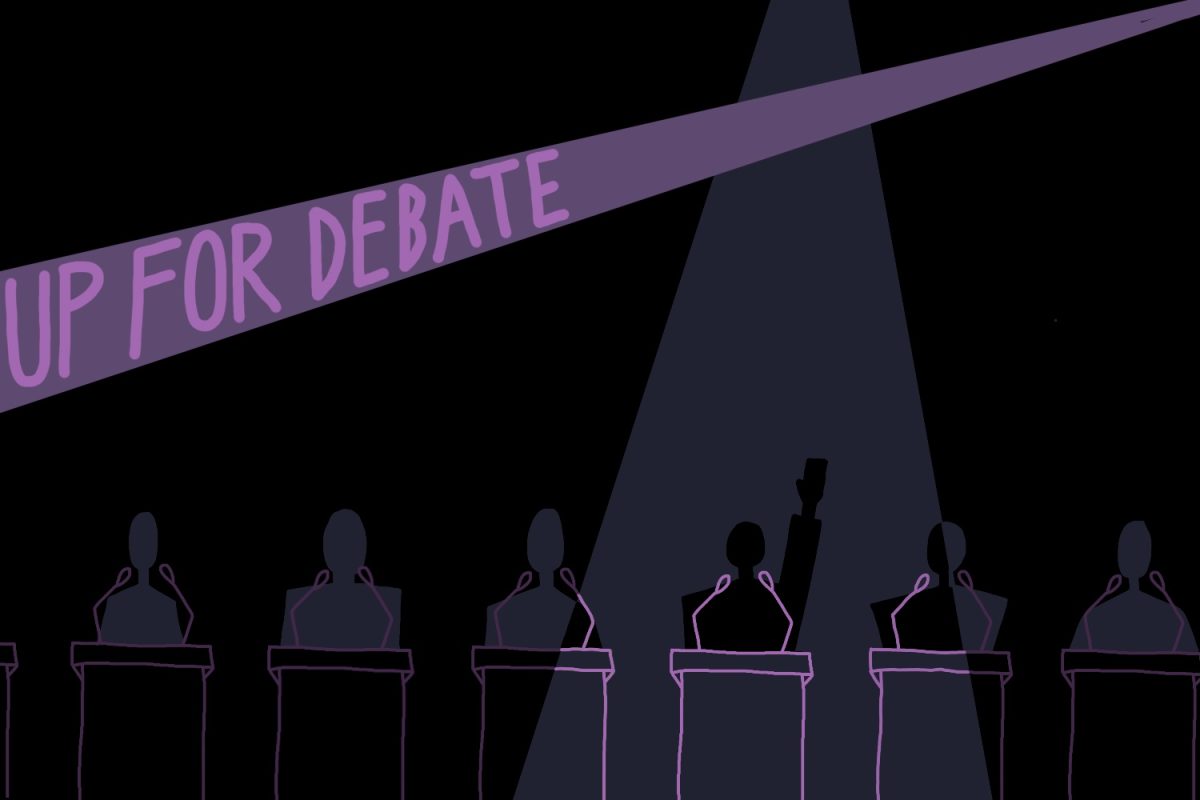


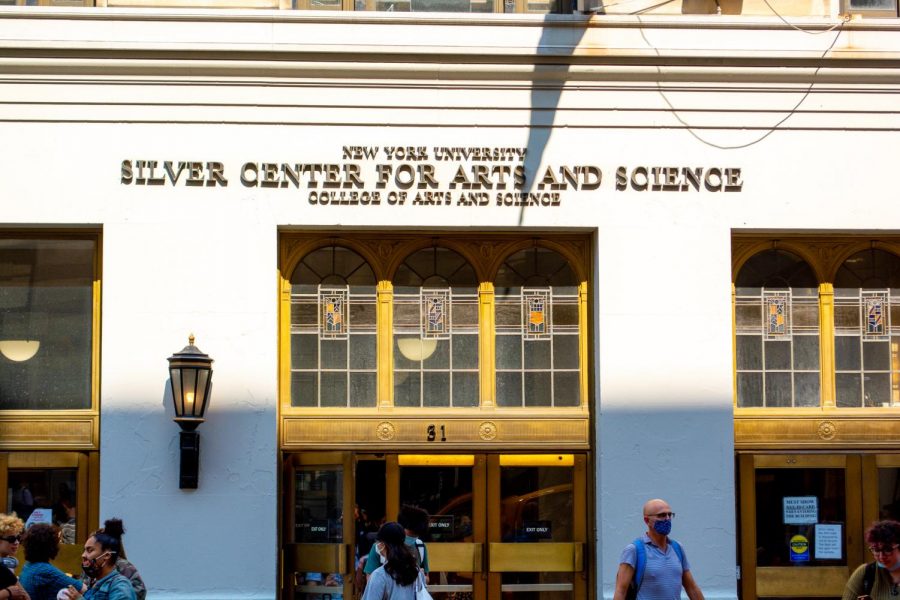








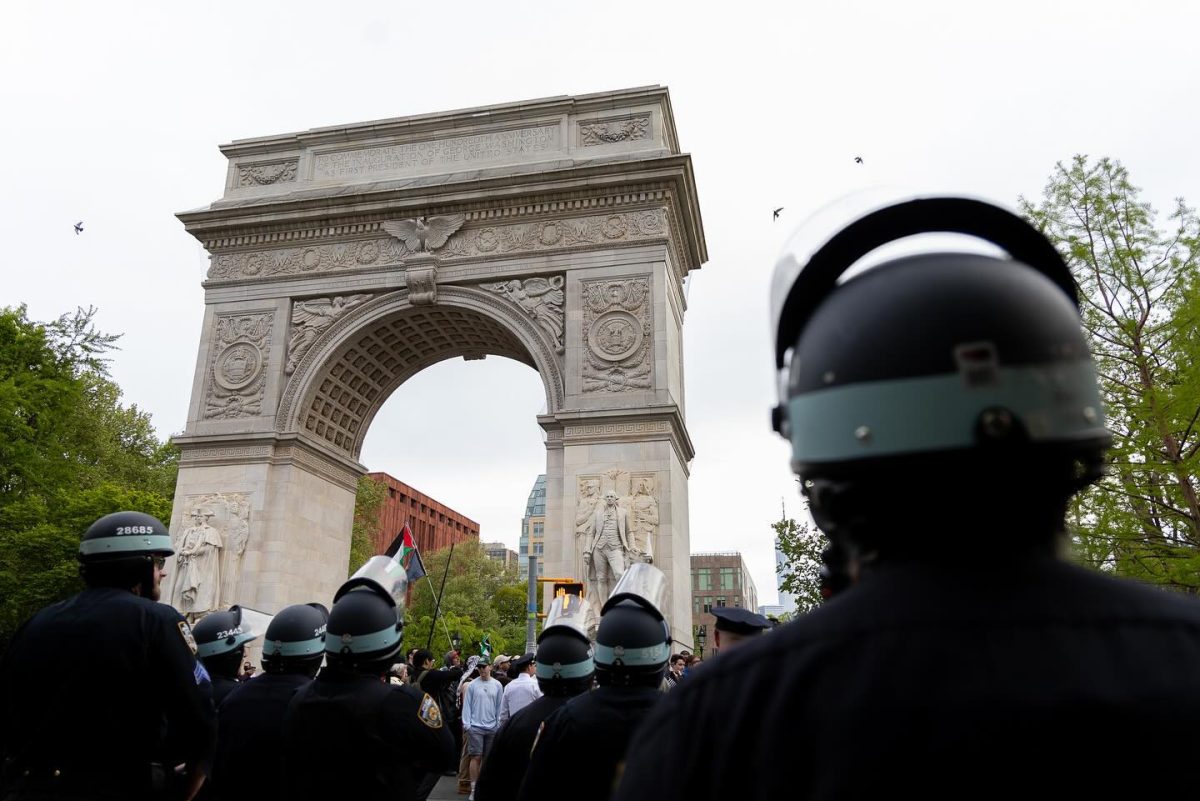






























Anitta Burg • Nov 12, 2012 at 7:11 pm
Another great article which makes a lot of sense. Our founding father’s are looking down on us wondering when we’ll make the necessary changes.